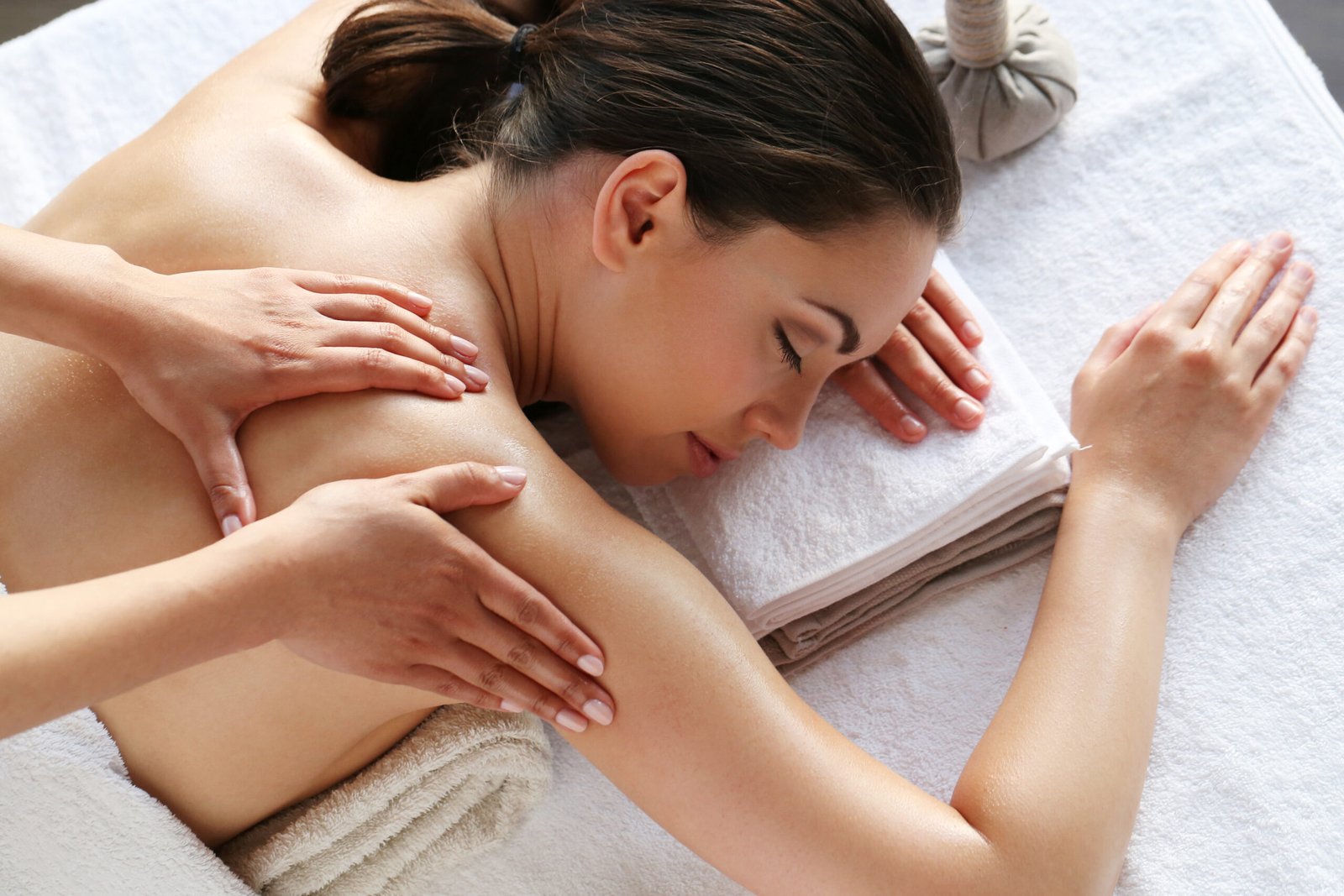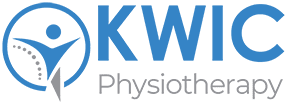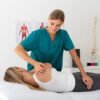
What is massage?
Massage is normally a whole or part body treatment with the therapist using their hands to perform pressure, stroking, kneading and rubbing movements to the skin. There are various types of massage therapy that one can experience depending on the reason why an individual requires such a treatment.
Sports massage, lymphatic drainage massage and relaxation massage are treatments which are widely used and have huge benefits to the body and its functioning.
Relaxation massage:
A relaxing massage is achieved by using the full hands of the therapist in a gentle manner over the skin, following the muscle contours (soft tissues) of the body. The whole of the body is normally massaged during this type of treatment. There should be no pain involved during relaxation massage, in fact it should be a very pleasurable experience. Gentle kneading, and long smooth stroking rhythmic movements produce many benefits to the clients overall health and wellbeing. It is a treatment designed to relax and soothe, not to relieve chronic pain or other underlying conditions.
Why is it relaxing?
Massage is relaxing due to the gentle nature of the therapists movements on the body’s soft tissues. It has a calming effect on the nervous system, reducing stress and pain and promotes a healing environment within the body.
Benefits of a relaxation massage:
Improved circulation: the gentle stroking and kneading movements over the skin can improve the flow of blood circulation peripherally, bringing fresh blood to the area providing better local nutrition and hastening the removal of toxins and waste matter.
This in turn will improve the recovery of soft tissue injuries locally and improve skin tone.
Reduced muscle tension: Muscle tension which could be due to a postural issue (sitting at a desk for long hours) can be reduced by a regular relaxation massage. Gentle but firm pressure to specific shoulder muscles for example will help disperse any tension build up/tightness in this area. Postural problems are cumulative and massage therapy is one of the best ways of ‘nipping it in the bud’ so to speak.
Muscular fatigue from over use during exercise can also be greatly reduced by having regular relaxation massages. The effects of the kneading and stroking movements to the muscle fibres help disperse/remove lactic acid build up reducing fatigue, discomfort and reducing recovery time.
Eases muscle pain: A trained massage therapist is able to isolate specific muscles or muscle groups to treat localised pain. As the different layers of musculature are stimulated and the body’s extremities are thoroughly treated, the body begins to open itself up more freely and relaxes. Circulation is improved, which improves localised inflammation as well as reduce fatigue, pain and improve energy levels.
Alleviates anxiety and depression: Anxiety and depression have become a twenty first century problem in the western world. It’s fair to say that these conditions are responsible for the vast majority of mental ill health in most people. By creating a calming atmosphere and with the healing benefits of skin to skin contact, as well as the practical analgesic effects of massage itself, this therapy can alleviate some of the symptoms of instances of anxiety and depression. A persons overall wellness can be improved.
Improves sleep: Relaxation massage relaxes the client and provides relief from stress and the feeling of calm, which can help a person fall asleep more quickly, sleep more deeply and be less disturbed during sleep. Massage therapy also relieves postural stress and localised pain so that a person will find it easier to sleep more comfortably.
Improved immunity: By reducing stress hormones and lowering blood pressure the body is better able to target its immune response to ward off disease or infection more efficiently.
At KWIC Physiotherapy Clinic, we offer massage therapy services to the residents of Kitchener and others in the Kitchener area.



